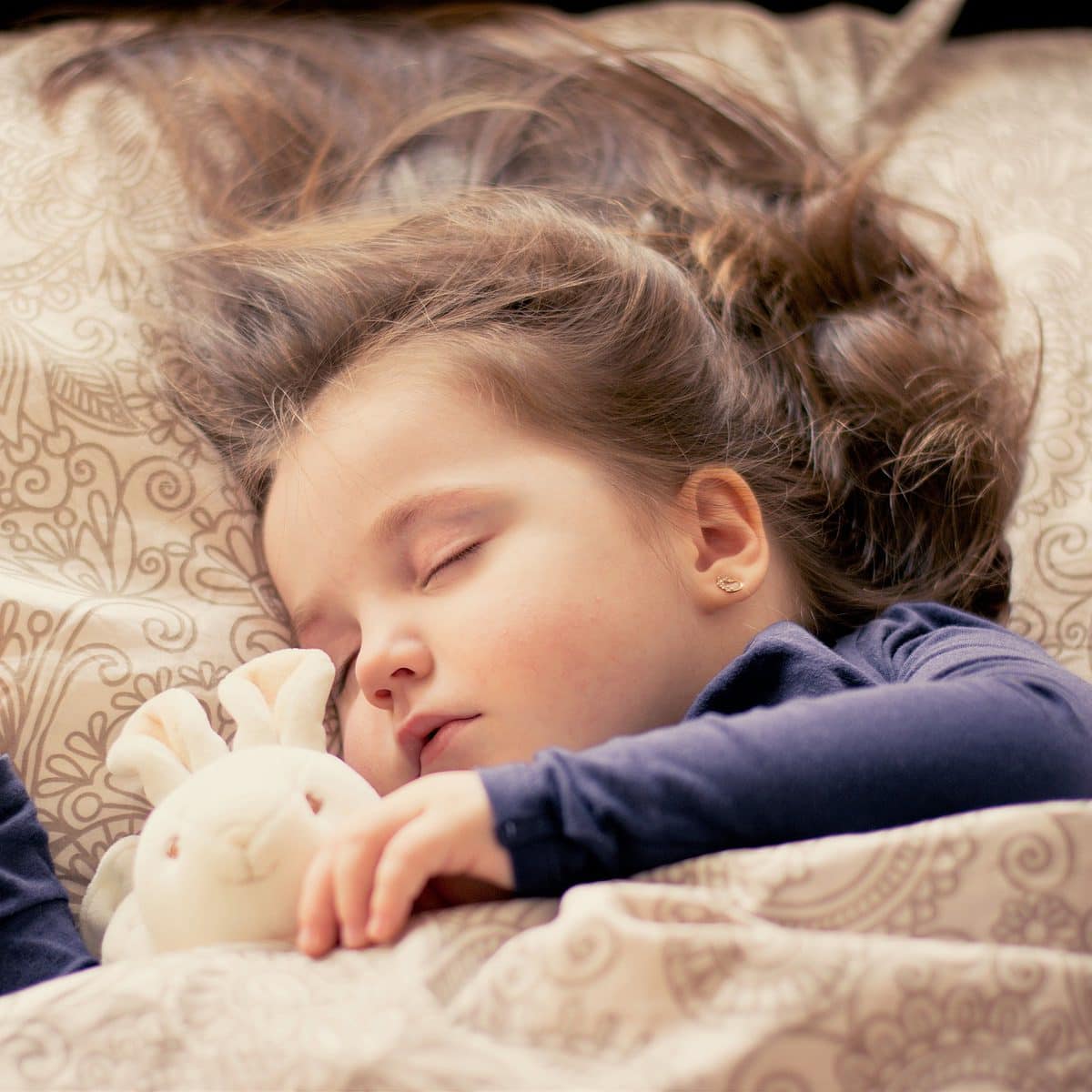Description
Make bed-wetting a thing of the past. with self hypnosis. This is a safe and gentle way of preventing bed-wetting and enabling sufferers to sleep through the night without interruption. It also helps alleviate the anxiety associated with this distressing condition.
Bedwetting is a common condition that affects millions of children worldwide. It is also known as nocturnal enuresis, and it occurs when a child involuntarily wets the bed while asleep. Bedwetting is a normal part of a child’s development, and it usually resolves on its own as the child grows older. However, for some children, bedwetting can persist into their teenage years and even adulthood, causing embarrassment and social isolation.
There are several factors that can contribute to bedwetting, including genetics, bladder capacity, and hormone imbalances. Children who have a family history are more likely to develop the condition themselves. Additionally, children who have a smaller bladder capacity may not be able to hold urine for the entire night, leading to bedwetting. Hormone imbalances can also play a role in bedwetting, as the body may not produce enough antidiuretic hormone (ADH) to reduce urine production at night.
Treatment for bedwetting typically involves a combination of behavioural modifications and medication. Behavioural modifications may include limiting fluids before bedtime, using the bathroom before going to bed, and using a bedwetting alarm to wake the child up when they start to wet the bed. Medication can also be used to reduce urine production at night and increase bladder capacity.
It is important for parents to be patient and understanding when dealing with bedwetting. Punishing or shaming a child for wetting the bed can lead to feelings of shame and low self-esteem. Instead, parents should focus on providing support and encouragement to their child as they work to overcome the condition.


